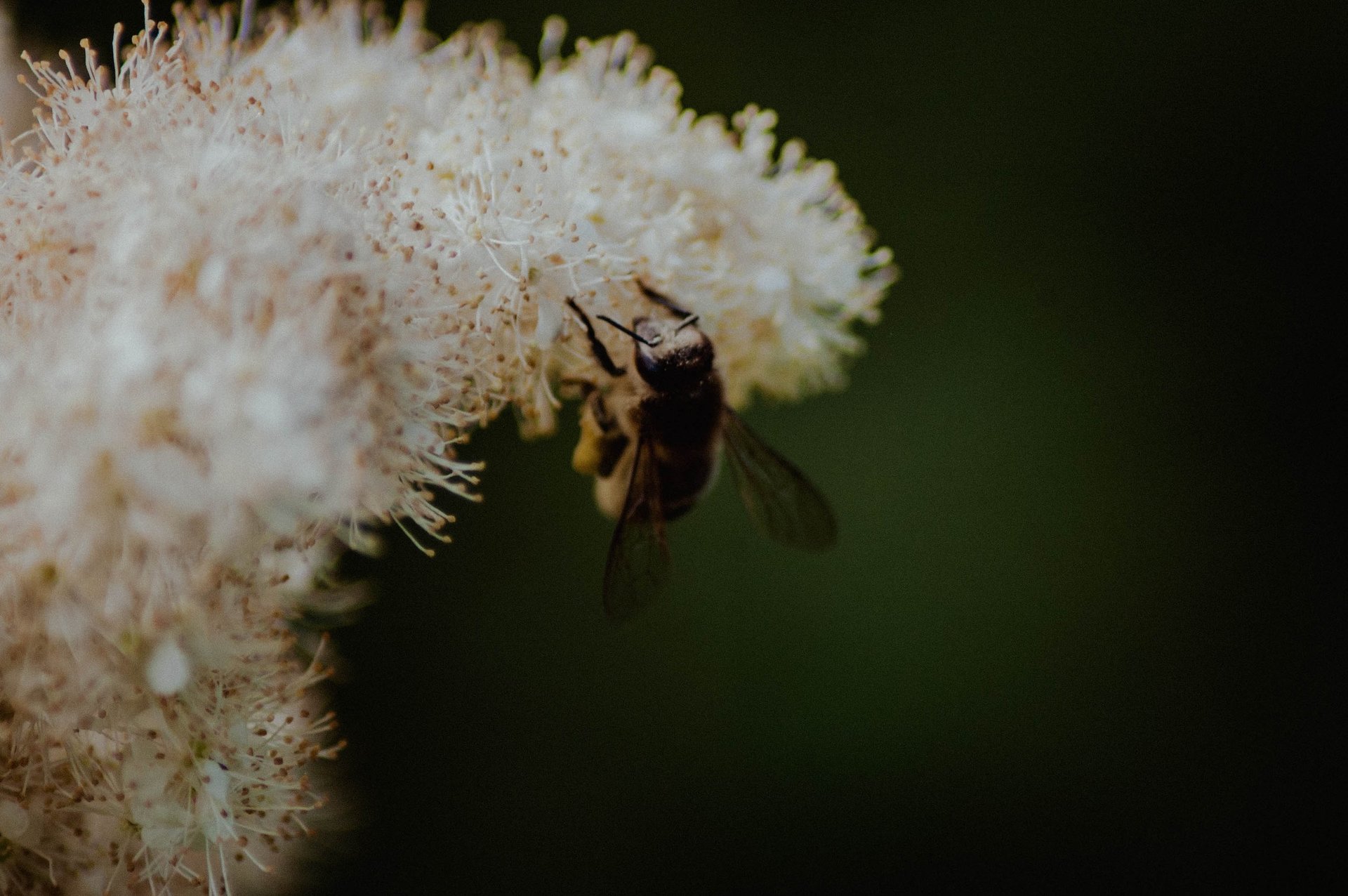
Meadowsweet
So they buried her, and turned home,
a drab psalm
hanging about them like haar,
not knowing the liquid
trickling from her lips
would seek its way down,
and that caught in her slowly
unravelling plait of grey hair
were summer seeds:
meadowsweet, bastard balm,
tokens of honesty, already
beginning their crawl
toward light, so showing her,
when the time came,
how to dig herself out —
to surface and greet them,
mouth young, and full again
of dirt, and spit, and poetry.
Kathleen Jamie
(from Jizzen, Picador, 1999)
Published with kind permission of the author.
We published this poem back in 2000, in Issue 6 of Mslexia, as an example of what a poem can achieve. Here’s what editor Debbie Taylor wrote about it at the time, at the start of her article ‘The problem with poetry’:
‘The poem is the perfect literary product for the now-oriented, low attention-span, soundbite culture. It’s short, intense and intelligent. It’s diverting, disturbing and mind-expanding. For the Meccano-minded, some poems also display an intriguing technical complexity.
“A poem is concentrated, a closed fist,” wrote Sylvia Plath. It “can take about a minute” to produce its effect, whereas a novel can take “all the time in the world”.
What’s more, a poem lasts. Like a loved painting or favourite piece of music, a good poem continues to deliver its odd mix of satisfactions over many readings. “These things have worn smooth in my head,” wrote Ezra Pound of the handful he read over and over, “and I am still not through with them”.
Kathleen Jamie’s poem “Meadowsweet” is a perfect example. In six short stanzas she evokes at least four dramatically different scenes, takes us through a historical process, and makes several powerful statements about women’s poetry. For me this poem also brings an ache to the throat, a prickle of recognition and anger, a surge of energy. All in the space of a minute...’

